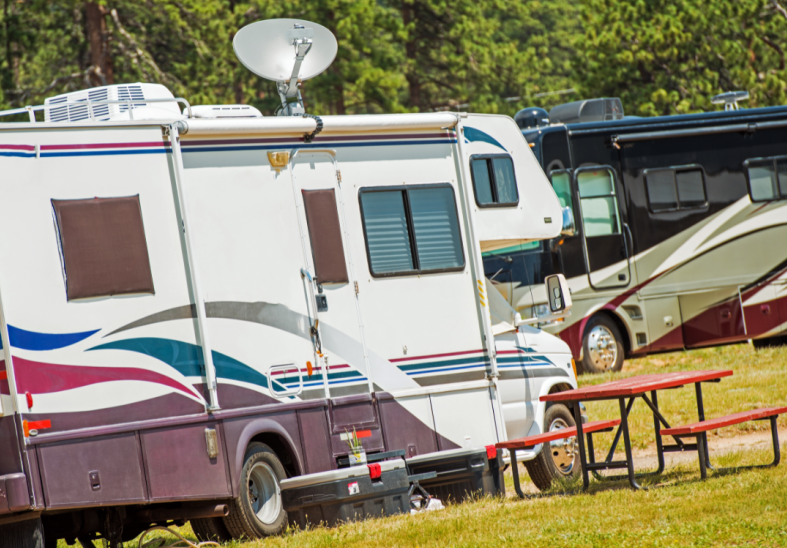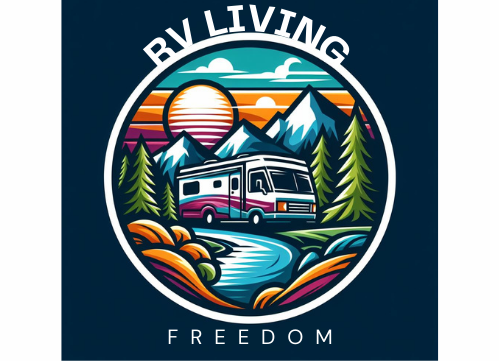I’m going to break down why being plugged in while you’re hitting the road is more crucial than you might think. It’s not just about posting travel pics or checking emails – it’s about security, navigating new cities, and keeping up with work commitments if that’s on your agenda. Its about your internet access options on the open road.

You’re going to find out that road warriors, like yourself perhaps, often bump into hurdles when trying to stay connected. Whether it’s weak signals, hefty roaming fees, or just an overall lack of suitable options, the struggle can be as real as a bad case of jet lag when Finding those internet options on the road
Here’s a glimpse of what awaits you: a large array of internet options for every type of traveler. From the freelancer who can’t miss a deadline to the globe-trotter streaming their adventures, we’re covering it all.
And let’s be honest, good connectivity can flip a frustrating trip on its head, transforming it into a productive or relaxing experience, whichever you’re looking for. So buckle up, as we’re about to speed into the fast lane of on-the-go internet solutions.
The Top 10 Internet Solutions for Travelers
Now, what are the best Internet options to use when your on the open roadways to stay connected when you’re crisscrossing the country or jetting around the globe? You’re going to find out about the top ten internet options that travelers swear by.
Let me break it down for you.
1. Mobile Hotspots: These portable devices offer dedicated Wi-Fi on the go, connecting multiple devices at once.
2. International SIM Cards: Swap out your SIM card for one with data plans in your destination country.
3. Public Wi-Fi: Cafes, libraries, and airports often provide free access, perfect for quick check-ins.
4. Satellite Internet: For the off-the-beaten-path traveler, satellite internet keeps you connected just about anywhere.
5. Roaming Data Plans: Many mobile providers offer international or national roaming plans for ease of travel.
6. RV Satellite Dishes: Road adventurers with RVs can install satellite dishes to access the internet across the country.
7. Tethering Your Smartphone: Use your phone’s data to get your laptop online—great for minimalists.
8. Wi-Fi Boosters: Enhance weak Wi-Fi signals at campgrounds or remote lodgings with this handy tool.
9. Prepaid Data Plans: Avoid surprises by purchasing a set amount of data before your trip.
10. VPNs: Virtual Private Networks are key for securing your connection on public Wi-Fi, and they may also provide access to region-locked content.
Each of these options has its set of advantages and drawbacks, depending on your specific travel situation. Budget, location, the need for speed, and security concerns all play a role in deciding which is right for you.

Imagine sitting in a small diner in a local town, streaming your favorite show, or sending in that last-minute work report from a beach on a remote area in Florida. With these internet solutions, that’s not just possible, it’s going to become your reality. Here are some Pros and Cons that you could experience while traveling in your RV on the open road trying to get internet access.
Pros and Cons
Pros:
- Convenience: With on-the-road internet, you can stay connected to the digital world no matter where you are. This means you can check emails, stream movies, browse the web, and stay in touch with friends and family.
- Work Flexibility: For those who work remotely or run businesses online, having internet access in an RV allows you to continue working while traveling. This can provide a great deal of flexibility in terms of where you can live and work.
- Navigation: Internet access can provide real-time navigation assistance, helping you find the best routes, locate nearby attractions, and avoid traffic jams.
- Entertainment: Internet access enables streaming services like Netflix, Hulu, or YouTube, providing entertainment during downtime or long stretches on the road.
- Communication: You can easily stay in touch with loved ones through video calls, messaging apps, or social media platforms.
Cons:
- Cost: Depending on the type of internet connection you opt for (e.g., cellular data, satellite, Wi-Fi hotspots), the cost of on-the-road internet can be quite high. Data plans for cellular connections, in particular, can become expensive, especially if you’re a heavy user.
- Coverage: While cellular networks have expanded significantly, there are still areas with poor or no coverage, especially in remote or rural regions. This can limit your ability to stay connected while traveling.
- Speed: Internet speeds can vary significantly depending on your location and the type of connection you have. In rural areas or during peak usage times, speeds may be slow, making it difficult to stream content or perform bandwidth-intensive tasks.
- Reliability: Weather conditions, terrain, and other factors can impact the reliability of your internet connection. In some cases, you may experience frequent dropouts or interruptions in service.
- Security: Public Wi-Fi networks, which you may rely on while traveling, can pose security risks if not properly secured. There’s also the risk of data breaches or hacking if you’re not using secure connections or devices.
Overall, while on-the-road internet can enhance your RV travel experience in many ways. Those were 5 Pros and 5 Cons that you will have to deal with while being on the road. There are always going to be difficulties on the road but these are some items that you could experience while on the road in your R.
Maximizing Your Connectivity: Tips and Best Practices
I’m going to share some essential tips and best practices that’ll help you get the most access on the road of your internet options while on the road. This isn’t just about having a connection; it’s also about ensuring that it’s strong, secure, and as uninterrupted as possible.
First up, you want to make sure you’re doing everything you can to maintain a strong internet signal. That’s going to include things like using a high-quality antenna for mobile hotspots, positioning yourself close to a Wi-Fi source when possible, and even considering a signal booster if you’re often in remote locations.

Security is key, especially when you’re using public Wi-Fi networks. I’m here to help you understand the importance of VPNs (Virtual Private Networks), which can encrypt your online traffic, safeguarding your personal information from potential intruders.
If you want to keep costs down while not compromising too much on speed and quality, it’s important to consider pay-as-you-go options or wifi plans that don’t come with a long-term commitment. This way, you can always adjust your approach down the road, based on your usage and needs.
And don’t worry too much about getting the very latest technology. Choose something that resonates with you and fits your specific travel pattern. A reliable 4G connection could be just as useful as the latest 5G service depending on where you are and what you need to do online.
Real-World Experiences: Staying Plugged In On The Move
I’m going to wrap things up by bringing you closer to the lived experiences of travelers just like you. They’ve been on the front lines, figuring out the quirks and perks of staying online while on the road.
Guess what? They’ve got stories to tell. From the digital nomad in Bali to the business consultant jet-setting across Europe, connectivity shapes their travel tales.
You’re going to find out about different situations from around the world. Take the backpacker venturing through Southeast Asia or the couple exploring the nooks of New Zealand in their camper van. There are solutions for every situation while your on the road to get your internet access.
Common problem like signal drops in remote areas or data crunches are part of the journey. But here’s a tip from the pros: Always have a backup plan. Maybe it’s a secondary data plan, or a saved offline map, just don’t focus too much on perfection because problems can happen.
If you want to feel secure in your connection without being tethered to urban centers, satellite internet might become your best friend. Take it from those who’ve turned their RVs into moving offices; the freedom is simply amazing.
I really hope that this slice of internet insights has given you the know-how to stay connected, wherever your travels take you. Remember, it isn’t just about the tech; it’s also about the memorable experience you’ll craft by being able to share your moments instantly, or having that peace of mind to send a ‘Made it!’ message to your loved ones.
Thanks for joining me on this overview of internet access options on the road. Whether you’re writing the next chapter of your travel blog or simply craving a smooth video call back home, your internet needs are as individual as your itinerary. Choose something that works for you and sets you up for an adventure that’s both productive and enjoyable.
